The Balkans, a captivating and often overlooked region, is a fascinating blend of ancient history, diverse cultures, and awe-inspiring landscapes. Nestled between the Adriatic and Black Seas, this unique corner of Europe has served as a crossroads for empires and civilizations for centuries. With each country offering its own distinct flavor—whether it’s the medieval towns of Croatia, the rugged mountains of Montenegro, or the Ottoman influence in Bosnia—travelling through the Balkans feels like uncovering a hidden treasure at every turn. Naturally, there are countless things to know about the Balkans. No worries, though, I will sum it all up for you!
Before I set off to my next Balkan journey, I made sure to gather some key insights that I know will not only elevate the travel experience but also offer like-minded travellers a deeper understanding of this diverse and fascinating region.
From ancient traditions to hidden landscapes, there’s so much to uncover! I can’t wait to share what I’ve learned to make your trip even more unforgettable. So, let’s dive in!
10 Interesting Things to Know About the Balkans
1. A Crossroads of Cultures

The Balkans are where the East meets the West, and the blend of cultures is felt in everything—from the architecture to the cuisine.
You’ll encounter Ottoman, Austro-Hungarian, Roman, and Byzantine influences, each leaving its mark across cities like Sarajevo, Belgrade, and Sofia. This cultural mix creates an atmosphere of rich tradition and modern vibrancy.
Orthodox Christianity, Islam, and Catholicism coexist, often within the same town or city.
As I explored, I saw mosques standing next to churches, and I realized how deeply intertwined these faiths are in shaping the region’s identity. Each community adds its own flavor to the local culture, whether it’s in the form of festivals, architecture, or even daily customs.
This rich cultural diversity is especially evident during religious holidays and local festivals, where centuries-old traditions come to life in vibrant celebrations.
2. Coffee is a Ritual, Not Just a Drink

In the Balkans, coffee is more than a caffeine fix—it’s a social ritual.
Whether you’re sipping a strong Turkish coffee in Bosnia or enjoying a Serbian kafa, sitting down for a cup is an invitation to slow down and connect.
Locals take pride in their coffee traditions, so savoring this experience with them is a must.
A pro-travel tip for experiencing coffee in the Balkans like a local is to order your coffee without milk and pair it with a sweet treat like a slice of baklava or lokum. Engage in people-watching or strike up a casual conversation with the café regulars
3. Balkan Hospitality Will Surprise You

If there’s one thing that truly stands out about the Balkans, it’s the warmth and hospitality of the people. Despite the region’s sometimes turbulent past, the locals are incredibly friendly and welcoming.
Don’t be surprised if locals go out of their way to help or invite you to share a meal. In small towns and villages, you’ll experience a welcoming spirit that turns strangers into friends.
Whether I was sipping coffee in a café or lost in a village, there was always someone ready to lend a hand or share a story.
In rural areas, especially, I encountered the practice of meze—small plates of food that locals offer to visitors, sometimes paired with rakija. It’s a gesture of hospitality and pride.
And while the language barrier might exist in some areas, a smile and a few basic phrases in the local language go a long way.
4. The Balkans are a Bargain

For travellers looking to stretch their budget, taking a trip to the Balkans is the perfect choice!
Compared to Western Europe, I found accommodation, food, and activities to be incredibly affordable, making it easier to extend my stay or splurge on experiences I might otherwise skip.
This makes it an excellent choice for long-term travel or a spontaneous getaway.
5. The Balkans Are an Outdoor Playground

From the rugged mountains of Montenegro to the sparkling coastline of Croatia, the Balkans is a dream for nature lovers. What surprised me the most was how dramatically the landscapes change over relatively short distances.
You can find everything from dense forests and crystal-clear lakes to idyllic beaches and steep cliffs. The region is home to several national parks, like Durmitor in Montenegro or Tara in Serbia, where hiking trails wind through breathtaking scenery.
And for those who love the sea, the Adriatic coastline offers some of Europe’s most picturesque beaches. As someone who loves both the mountains and the sea, I found the Balkans to be a perfect playground.
A great pro-travel tip for experiencing the Balkans’ natural diversity is to plan your trip around its lesser-known national parks and scenic routes.
Travelling by bus across the different Balkan countries offers this opportunity, and I’ve found it to be the best way to experience the region’s off-the-beaten-track sights.
6. History is Tangible Everywhere

The history of the Balkans is as layered and intricate as its landscape. Every country, and even every city, has its own unique historical narrative, often influenced by the ebb and flow of borders and power struggles.
This complexity isn’t just in the past; it resonates in the present, with the culture, architecture, and even the people’s perspectives reflecting centuries of shifting influences.
As I wandered through places like Sarajevo, Mostar, and Belgrade, I found that understanding this history added a deeper dimension to my travels. The beauty of the Balkans isn’t just in what you see—it’s in the stories etched into the streets and the voices of the people.
7. Food That Feels Like Home

Hearty, flavorful, and deeply satisfying, Balkan cuisine is a feast of comfort food. Think cevapi (grilled meat sausages), burek (flaky pastry filled with cheese or meat), and sarma (stuffed cabbage rolls).
But it’s not just about the main courses; desserts like baklava and krempita will satisfy even the most discerning sweet tooth!
Don’t forget to pair your meal with a glass of rakija, the region’s potent fruit brandy, or a sip of local wine—each country has its own specialties that reflect its history and terroir.
Each country offers its take on classic dishes, and the farm-to-table freshness of local ingredients makes every meal memorable. Be prepared to eat like a local—generous portions included!
8. Border Crossings Can Be Tricky

Crossing borders in the Balkans can be an adventure in itself. While many countries in the region have streamlined border crossings, especially for EU citizens, there are still a few borders where things can take longer than expected. This is where the advantage of taking a group tour comes in!!
Group tours can offer a smoother experience during border crossings in the Balkans, as guides handle logistics and paperwork, reducing delays and confusion. They also navigate language barriers and regulations, ensuring a more efficient and hassle-free transition between countries.
I learned to pack a little extra patience and maybe some snacks for the ride. But once across, the reward is well worth it.
Make sure to check visa requirements and travel restrictions ahead of time, especially if you’re visiting countries outside the European Union.
Despite occasional border delays, the journeys between these countries are often incredibly scenic and give you a real sense of the region’s diversity.
9. The Balkans are Safe but Stay Aware

Despite the region’s turbulent history, the Balkans are generally safe for tourists. Cities like Ljubljana, Zagreb, and Dubrovnik rank high in safety.
However, as with anywhere, it’s smart to stay aware of your surroundings, especially in crowded areas or when using public transportation. The locals are friendly, but it’s always good to exercise typical travel precautions.
I think joining a group tour to the Balkans significantly enhances safety and awareness. Guides ensure that we’re well-informed about safe practices and local norms, allowing us to navigate the area with confidence.
Travelling in a group minimizes the chances of getting lost or facing unsafe situations, as we can rely on each other and our guide for support.
10. There’s Still a Sense of Discovery

Perhaps the most magical aspect of the Balkans is that it still feels like a journey off the beaten path.
Unlike the crowded tourist hubs of Western Europe, the Balkans retain a raw, authentic charm. You’ll often find yourself among locals rather than hordes of tourists, giving you the chance to uncover hidden gems like the painted monasteries of Romania or the seaside towns of Croatia before the rest of the world catches on.
I loved hiking through the mountains in Montenegro and kayaking in North Macedonia, but there’s so much more to explore.
The variety of landscapes—from jagged peaks to serene beaches—means that there’s an adventure waiting around every corner, no matter what kind of experience you’re after.
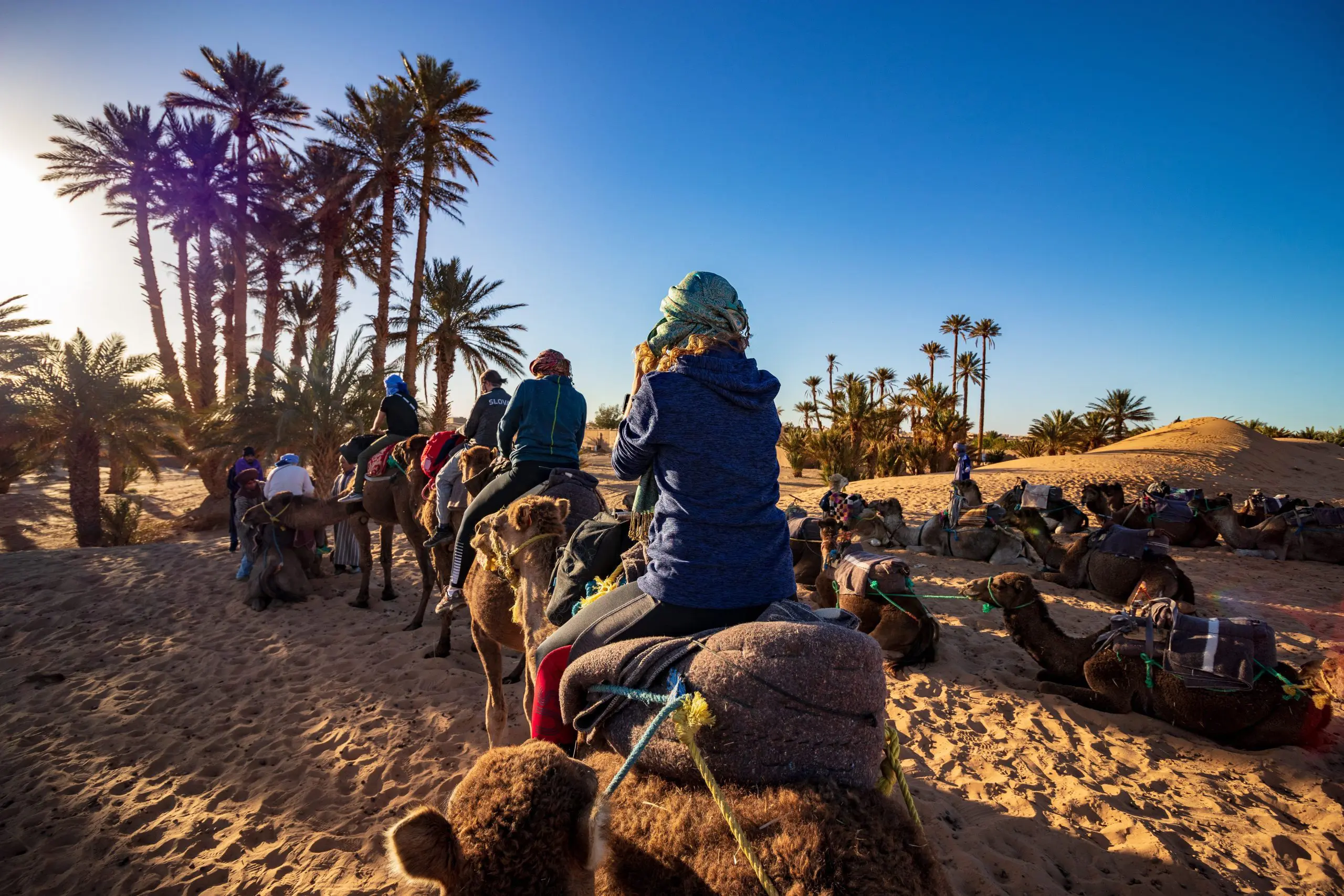 December Sale; Save 50%
December Sale; Save 50%  Croatia Sailing : Save 50%
Croatia Sailing : Save 50% Asia Tours : 50% Off
Asia Tours : 50% Off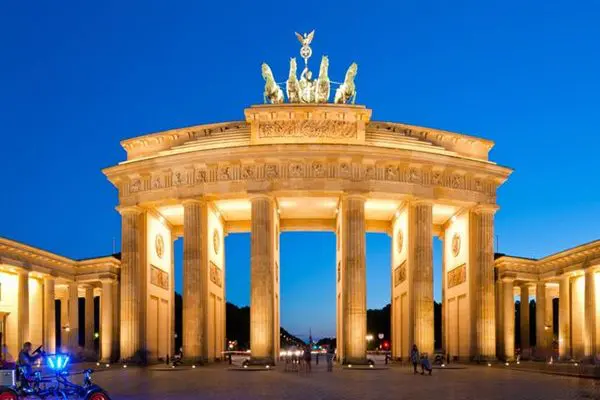 Central & Eastern Europe Tours: 50% Off
Central & Eastern Europe Tours: 50% Off 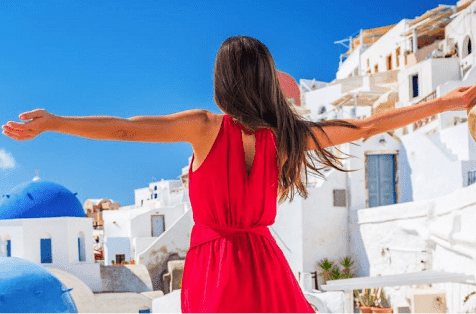 Why Travel Talk
Why Travel Talk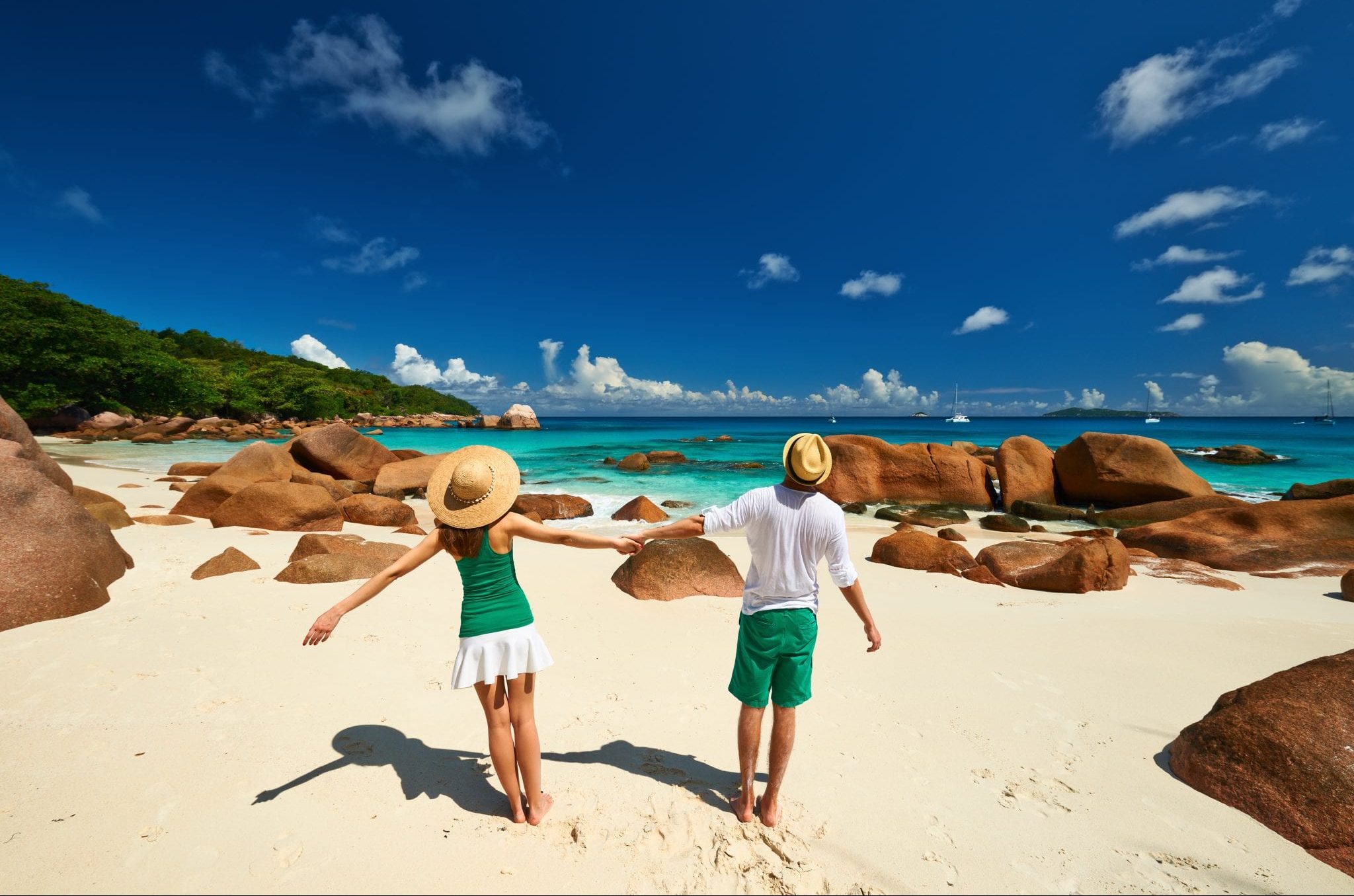 Travel Talk Blog
Travel Talk Blog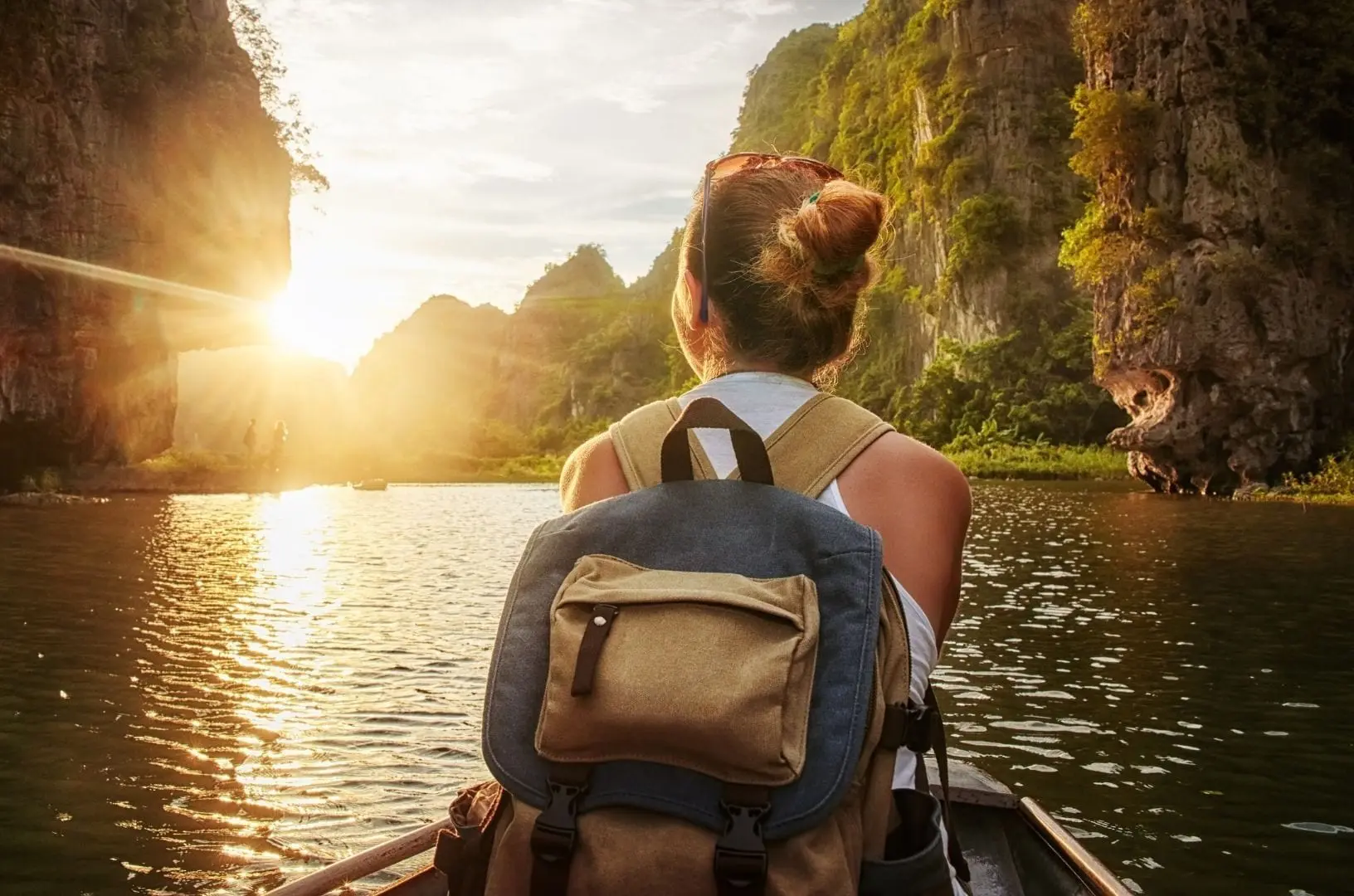 Responsible Travel
Responsible Travel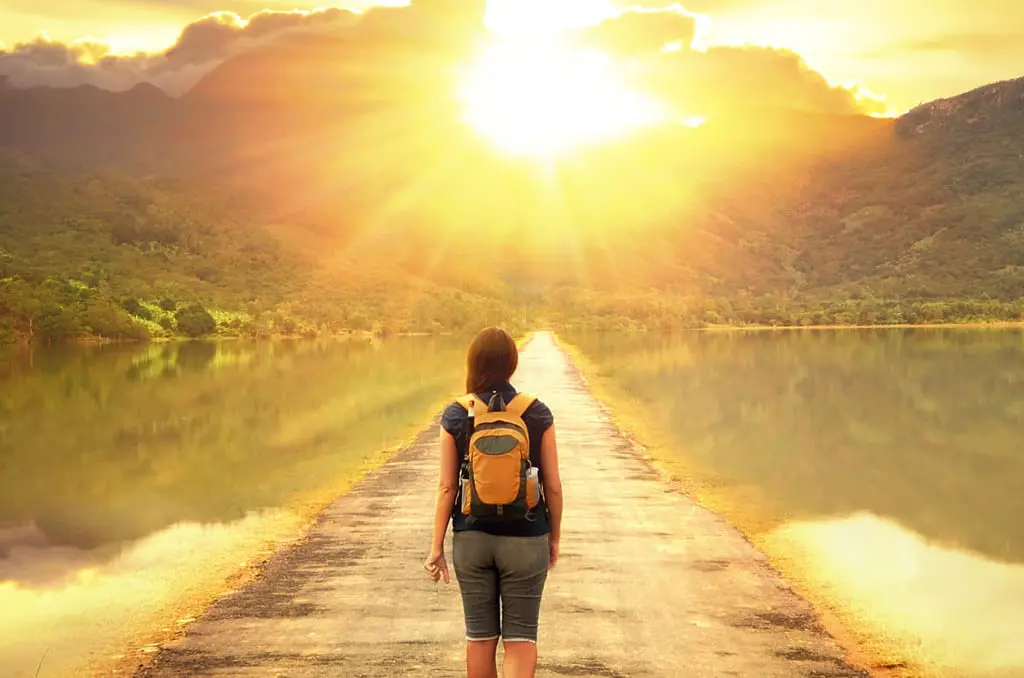 Fair Travels with Travel Talk
Fair Travels with Travel Talk